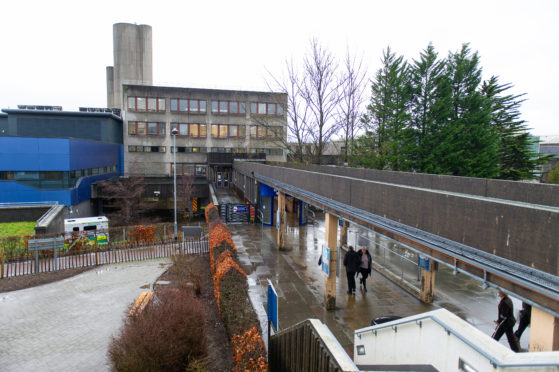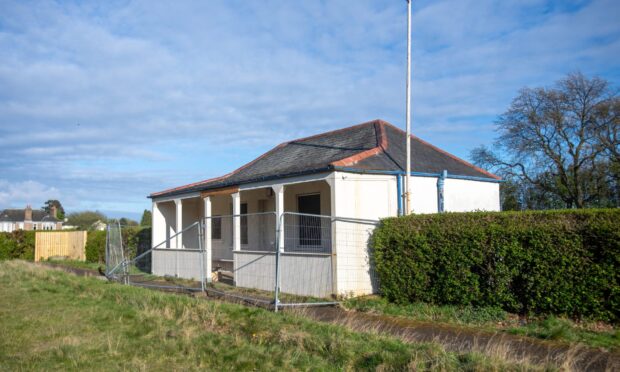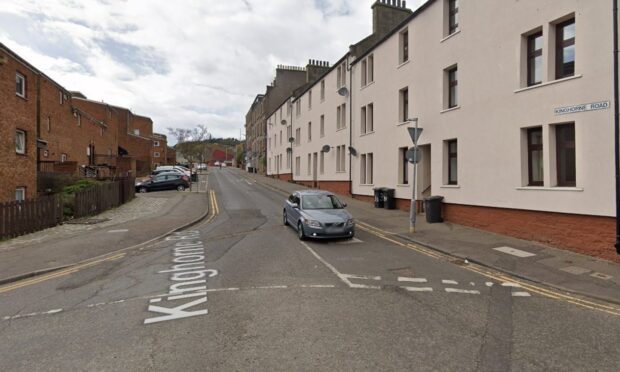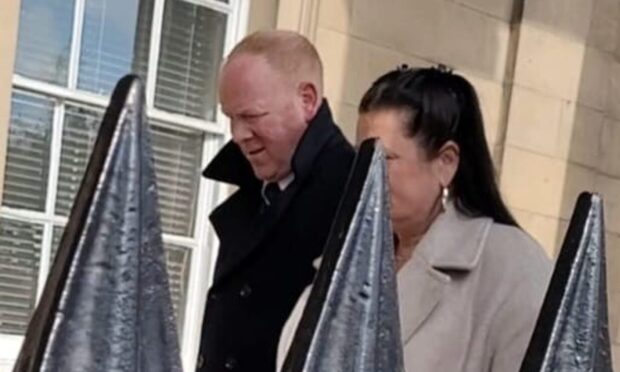A major conflict of interest in an independent review of breast cancer services at NHS Tayside was repeatedly highlighted months before the process had to be scrapped.
The Royal College of Physicians (RCP) London was invited to conduct a review following revelations around 200 patients were given lower than standard chemotherapy doses between December 2016 and April this year.
The full report will never be published after the organisation concluded the process may not hold up to public scrutiny.
NHS Tayside, the Scottish Government and RCP all made conflicting claims about the events surrounding the review’s collapse.
The conflict of interest relates to the involvement in the RCP review of Dr Adrian Harnett, a specialist who was also recruited as an external advisor by NHS Tayside in 2017 for an internal investigation after the dosing revelations first came to light.
A Healthcare Improvement Scotland (HIS) report into breast cancer treatment at NHS Tayside later noted the whistleblower who first flagged up concerns remained dissatisfied with the outcome of this internal process.
Dr Harnett also previously worked with a senior member of the oncology team as part of a research group on treatment guidelines and was further involved in supporting the Tayside oncologists following the publication of subsequent reports.
Another panel member, Professor Jonathan Joffe, had to temporarily withdraw from the RCP review due to family illness, leaving Dr Harnett as the only remaining oncologist as the group visited NHS Tayside to inform their initial feedback.
The Courier has learned health secretary Jeane Freeman, chief medical officer Dr Catherine Calderwood, senior medical officer for oncology Dr David Dunlop and bosses at the health board were made aware of the conflict as early as April.
The Scottish Government initially said ministers and officials were not aware of the issue until the health board told Dr Calderwood of RCP’s intention to withdraw “in early October”, despite The Courier seeing evidence to the contrary.
Official documents show RCP intended to push forward with the review as late as June 11 but the organisation said it was made aware of an issue “around June or July” and took immediate action.
RCP said it conducted itself in “good faith” and has signed statements from all panel members, including Dr Harnett, declaring they had no conflict of interest prior to the start of the review.
It said information relating to NHS Tayside’s internal investigation was provided with names redacted, adding it was not made aware of a potential conflict of interest by the health board at any stage.
However, NHS Tayside said it flagged up to RCP a potential conflict of interest after being made aware of the members on the panel, “both before the review commenced and at the outset of the visit to NHS Tayside”.
A spokeswoman said RCP proceeded with the review and the board was only advised it had been scrapped “when pursuing delivery of that final report last month”.
Dr Harnett was approached for comment.
UPDATE: The Scottish Government said on Wednesday ministers and officials were not aware of the conflict of interest until “early October”.
On Thursday evening it confirmed it was in fact made aware “at the same time as NHS Tayside… in April”.
A spokesman said: “Following internal discussions it was decided that no further action would be necessary as NHS Tayside had commissioned the review.”










